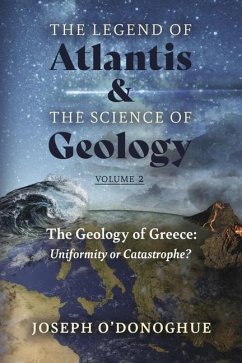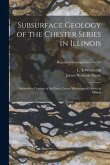Dive into the captivating world of The Geology of Greece, the second volume in The Legend of Atlantis and the Science of Geology series. Uncover the ancient catastrophe's impact on Greece and the Aegean Sea, challenging established academic theories with a thought-provoking exploration of geological evidence and the laws of physics.
Bitte wählen Sie Ihr Anliegen aus.
Rechnungen
Retourenschein anfordern
Bestellstatus
Storno





![Report on the Surface Geology of North-eastern New Brunswick [microform]: to Accompany Quarter-sheet Maps 2 N.E. and 6 S.W. Report on the Surface Geology of North-eastern New Brunswick [microform]: to Accompany Quarter-sheet Maps 2 N.E. and 6 S.W.](https://bilder.buecher.de/produkte/65/65578/65578354m.jpg)

![The Geology of Steeprock Lake, Ontario [microform] The Geology of Steeprock Lake, Ontario [microform]](https://bilder.buecher.de/produkte/66/66175/66175170m.jpg)
